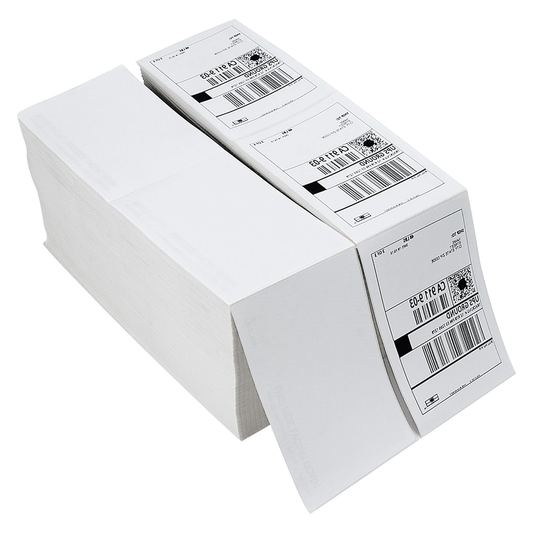As electric vehicles (EVs) continue to gain popularity, understanding the electricity usage of EV chargers becomes essential for both current and prospective owners. Whether you're charging your EV at home or using a public charging station, the amount of electricity consumed depends on several factors, including the type of charger, the capacity of your vehicle's battery, and your driving habits.
Understanding kW and kWh
Kilowatts (kW) and kilowatt-hours (kWh) are the standardized units used to measure electricity usage in EVs. While kW represents the rate at which energy is delivered, kWh measures the total energy used. For instance, if an EV consumes 0.346 kWh per mile, it means that driving 100 miles would require approximately 34.6 kWh.
Factors Influencing EV Electricity Consumption
The electricity used by your EV charger can vary based on:
- Battery Capacity: Larger batteries require more electricity to charge fully.
- Charger Type: Level 1, Level 2, and DC fast chargers have different charging speeds and energy demands.
- Driving Style and Conditions: Aggressive driving, extreme weather conditions, and using air conditioning can all increase electricity consumption.
How Much Electricity Does an EV Charger Use Per Day?
On average, a home EV charger uses about 11.81 kWh per day to replenish the typical daily driving range of 36.92 miles for an American driver. However, this number can fluctuate based on the factors mentioned earlier.
Charging Costs: What to Expect
The cost of charging your EV at home depends on your location and the electricity rates in your area. For example, while Louisiana has one of the lowest electricity rates in the U.S. at $0.098 per kWh, Hawaii's rates are among the highest at $0.331 per kWh. To estimate your charging costs, divide your total electricity bill by the number of kWh consumed in a given month.
Home vs. Public Charging: What’s More Efficient?
- Level 1 Chargers: These use a standard 120V outlet and are the slowest, taking up to 50 hours to charge a battery electric vehicle (BEV) to 80%.
- Level 2 Chargers: Common in homes and workplaces, these 240V chargers are faster, requiring about 4-10 hours for a full charge.
- DC Fast Chargers: Typically found in public areas, these chargers can charge a BEV to 80% in as little as 20 minutes.
While Level 2 chargers are more efficient for daily use, DC fast chargers are ideal for quick top-ups during long trips.
The Future of EV Charging
As the demand for EVs grows, so does the strain on electricity grids. Innovations like Gencell’s EVOX grid-independent EV charging, which uses zero-emission hydrogen and ammonia, may become a sustainable solution for the future.
Shop EV Chargers at MilaMima
Ready to charge your electric vehicle efficiently? Explore our range of high-quality EV chargers and accessories at MilaMima. Visit our collection today to find the perfect charger for your needs and ensure your EV is always ready for the road.














